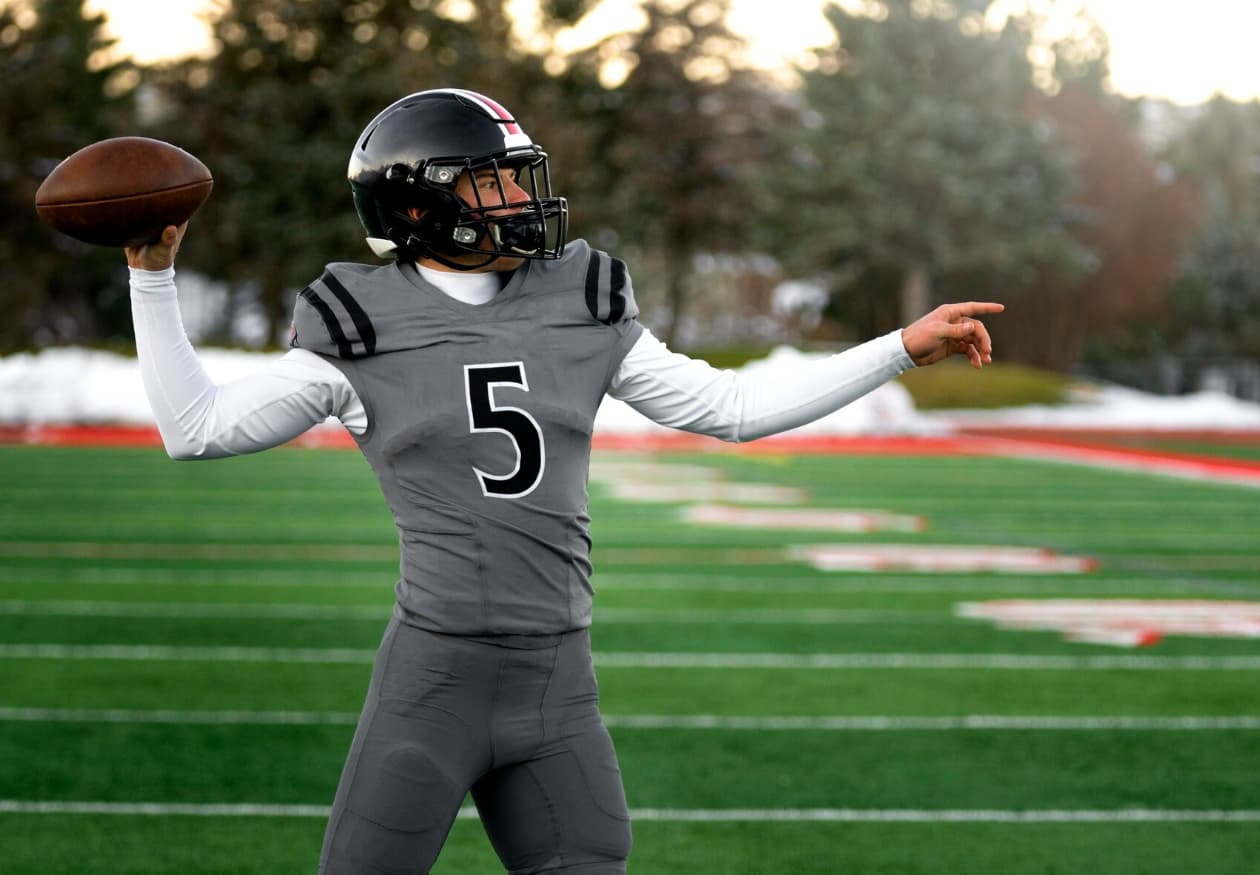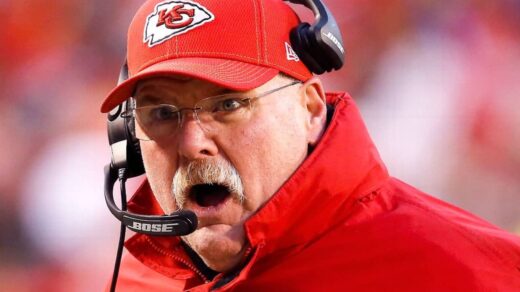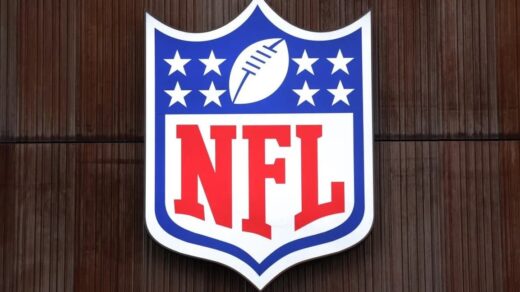Have you ever dreamed of playing in the NFL? Maybe you’ve wondered if you absolutely need to go to college first.
It’s a great question! Let’s break down everything you need to know about getting into professional football.
The NFL (National Football League) is where the best football players in the world compete.
Most NFL players you see on TV did play college football before going pro.
But here’s the exciting part — do you have to go to college to play in the NFL? The answer might surprise you!
To give you the most accurate and complete information, the team at Sportzspark.com researched the NFL’s eligibility rules, draft requirements, and real player stories.
Do You Have to Go to College to Play in the NFL?

This guide will show you all the different paths to the NFL, not just the traditional college route!
What Does It Take to Play in the NFL?
The NFL is the top professional football league in America.
Getting there is a dream for millions of young athletes, but only about 250 new players join each year through the draft.
Most NFL players start by playing college football. They spend 3-4 years playing for schools like Alabama, Ohio State, or Clemson.
College gives them time to grow stronger, learn advanced plays, and get noticed by NFL scouts.
But college football isn’t the only path. Some players have taken very different routes to reach the NFL, and their stories are pretty amazing!
Do You Have to Go to College to Play in the NFL?
Here’s the official answer: No, you don’t have to go to college to play in the NFL!
However, there’s an important rule you need to know.
According to NFL eligibility rules, you must be three years out of high school before you can enter the NFL Draft. Notice it says “out of high school” — not “in college.”
What this means:
- You need to wait 3 years after high school graduation
- You don’t have to play college football during those 3 years
- You can train independently, play in other leagues, or even work a regular job
- As long as you’re skilled enough, you can try out for the NFL
So while college is the most common path, it’s definitely not required. You just need to be three years removed from high school and have the talent to compete at a professional level.
How the NFL Draft Works?
The NFL Draft is how most players enter the league. Think of it like a big selection day where all 32 NFL teams take turns picking players they want on their roster.
Here’s the simple breakdown:
The draft happens every spring (usually in April or May). Teams pick in order based on how poorly they did the previous season — the worst team picks first, giving them a chance to get the best new talent.
Before the draft, players attend something called the NFL Combine. This is where they run, jump, lift weights, and show off their football skills in front of scouts and coaches. Teams use this information to decide who to pick.
NFL draft requirements are simple: be eligible (three years past high school), declare for the draft, and hope a team selects you. If you don’t get drafted, you can still sign with a team as a “free agent.”
Famous NFL Players Who Never Played College Football
Now for the really cool part! Several players made it to the NFL without playing a single college football game. Check out these incredible stories:
| Player Name | Background | NFL Team | Fun Fact |
|---|---|---|---|
| Antonio Gates | Played college basketball, not football | San Diego Chargers | Became one of the best tight ends ever — 11 Pro Bowls! |
| Jordan Mailata | Former rugby player from Australia | Philadelphia Eagles | Never played football before NFL, learned by watching YouTube |
| Michael Lewis | Beer truck driver before the NFL | New Orleans Saints | Became a top return specialist and Pro Bowler |
| Stephen Neal | College wrestler (never played football) | New England Patriots | Won 3 Super Bowl rings! |
| Sav Rocca | Australian Rules Football player | Philadelphia Eagles | Became an NFL punter at age 33 |
These NFL players without college experience prove that unique paths exist. Antonio Gates used his basketball skills — jumping and catching — to become a legendary tight end. Jordan Mailata’s rugby background helped him become a powerful offensive lineman.
NFL Eligibility Rules in Simple Words
Let’s make the rules crystal clear so anyone can understand them:
The main requirements:
- You must be three years past high school graduation
- You don’t need college football experience, but you need to be incredibly skilled
- You must be physically ready for the toughest football in the world
- You need to declare for the NFL Draft (tell the league you want to be picked)
Why most players still go to college:
- College provides professional-level coaching and training
- You get noticed by scouts who watch college games
- You build teamwork skills by playing with organized teams
- College football prepares you mentally and physically for the NFL
Even though you can join the NFL without college, most players use those three years to develop their skills in college programs. It’s simply the easiest way to get noticed and get better.
Real Stories: College vs Non-College Path
The college path and the non-college path are very different experiences.
Let’s compare them!
- The College Football Path: Most players join a college team where they practice almost every day, play games every week, and train with strength coaches. Scouts watch these games closely. If you play well at a big school, you’ll definitely get noticed.
- The Non-College Path: This route is much harder. You need to train on your own or find alternative leagues to play in. You might join arena football, play overseas, or work out privately with coaches. Getting noticed by NFL scouts is much tougher this way.
- Jordan Mailata’s amazing story shows how tough the non-college path is. He moved from Australia and learned football from scratch. He watched YouTube videos to understand the rules, hired private coaches, and worked incredibly hard. The Philadelphia Eagles took a chance on him, and now he’s one of their best players!
- How to join the NFL without college requires incredible dedication, natural athletic ability, and often some luck in getting discovered.
Can You Go Straight from High School to the NFL?
This is a question many talented high school players ask. The answer is no, you cannot go straight from high school to the NFL.
The NFL draft age limit requires three years to pass after high school. This rule exists for several important reasons:
Why the 3-year rule matters:
- NFL wants players to grow stronger and more mature physically
- Helps prevent serious injuries from playing against grown men too soon
- Gives players time to gain experience and football knowledge
- Allows mental and emotional development before handling pro pressure
Even super talented high school stars must wait. They can spend those three years in college, playing in other countries, or training independently — but they must wait three full years.
The NBA (basketball) once allowed players straight from high school, but they changed their rules, too. Most sports leagues now require waiting periods to protect young athletes.
How Much Do New NFL Players Earn?
Let’s talk about the money! Even if you’re the last player picked in the draft, you’ll earn a very nice salary.
Rookie minimum salary in 2024: $795,000 per year
That’s just the minimum! Top draft picks earn millions more in signing bonuses and guaranteed contracts.
Here’s how NFL draft requirements translate into different pay levels:
| Draft Round | Example Signing Bonus | Example |
|---|---|---|
| 1st Round | $15-27 million | Top picks like Caleb Williams get huge guaranteed contracts |
| 2nd-3rd Round | $2-6 million | Still great money for talented players |
| 4th-5th Round | $500,000-$1.5 million | Solid bonus on top of base salary |
| 6th-7th Round | $50,000-$300,000 | Smaller but still a nice start |
| Undrafted | $0-$50,000 | Must prove themselves to earn more |
Even players who take the non-traditional route and never played college football earn the same base salary if they make an NFL roster. What matters is getting on the team, not how you got there!
Other Ways to Get NFL Attention
Besides college football, here are other paths that might catch NFL scouts’ attention:
Alternative football leagues:
- Arena Football League (indoor football)
- Canadian Football League (CFL)
- XFL or USFL (spring football leagues)
- International leagues in Europe
Other sports backgrounds:
- Track and field athletes (amazing speed)
- Rugby players (tackling and toughness)
- Basketball players (height and catching ability)
- Wrestlers (strength and discipline)
Some players develop their skills in these places and eventually get tryouts with NFL teams. Teams are always looking for raw athletic talent, even from unexpected places!
Summary: Is College the Only Way?
So, do you have to go to college to play in the NFL? Definitely not! While college football is the most common and probably easiest path, it’s not required.
The key points to remember:
- You must be three years past high school (the main rule)
- College helps most players develop skills and get noticed
- Alternative paths exist, but are much more challenging
- Athletic ability, hard work, and dedication matter most
Players like Antonio Gates, Jordan Mailata, and Michael Lewis prove that unique paths to the NFL are possible. They came from basketball, rugby, and even driving a beer truck!
The bottom line: College football provides the best opportunity to develop your skills, compete against strong players, and get noticed by NFL scouts.
But if you have exceptional talent and find another way to stay in shape and develop your football skills for three years after high school, the NFL door remains open.
Whether you take the college route or forge your own path, the dream of playing in the NFL is possible with incredible talent, unstoppable determination, and a little bit of luck.
Keep working hard, stay dedicated, and who knows — maybe we’ll see you on Sunday Night Football someday!



